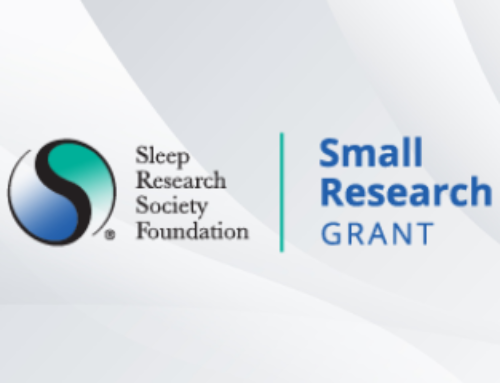The AASM Foundation awarded more than $119,000 in grants that support various community sleep health initiatives across the country and internationally. These projects will create awareness of obstructive sleep apnea and disaster preparedness, identify sleep health education gaps in elementary, high school and undergraduate students, provide education to providers seeing comorbid insomnia among patients with eating disorders, and establish a free sleep clinic in an underserved minority community.
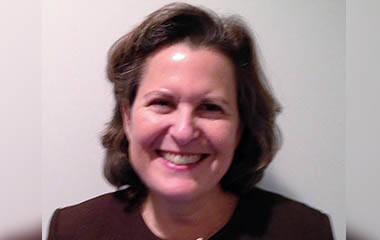 Terra Ziporyn, PhD
Terra Ziporyn, PhD
Start School Later/Healthy Hours
Connecting Sleep Health Resources to State Education Requirements to Facilitate Utilization by Classroom Teachers
About the Project
Many students are not learning about the importance of sleep; neither are parents or most educators. Sleep is foundational to health but receives less attention in school health classes than nutrition or physical activity. Our project will identify K-12 sleep health curricular standards in each state and create an easy-to-use resource guide, matching each state’s curricular requirements to sleep-related content. We will identify sleep health education gaps in state curricular standards, notifying states of improvement areas.
Project Impact in the Community
With this project, Start School Later/Healthy Hours is working to identify K-12 sleep health education standards in all 50 states and the District of Columbia so they can create an easy-to use resource guide for teachers, matching their state health education requirements to sleep-related content including award-winning animations, sleep expert videos, and games available on their Let’s Sleep! website as well as sleep health lesson plans created by American Academy Sleep Medicine. Additionally, the Start School Later/Healthy Hours team is reaching out to each state’s Department of Education to let them know about these resources and notify them of any sleep health education gaps in their state health education standards and propose potential improvement areas. The Start School Later/Healthy Hours team hopes the project will result in an increase in the number of US students who will learn about sleep as part of their K-12 health education.
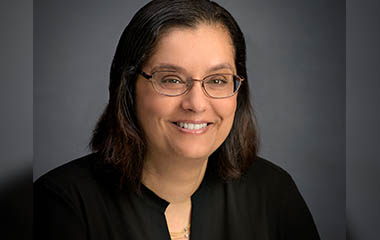 Galit Levi Dunietz, PhD, MPH, MA
Galit Levi Dunietz, PhD, MPH, MA
University of Michigan and Hope Clinic
Hope for Sleep Among Uninsured in Southeastern Michigan
About the Project
Hope Clinic offers free medical programs in Ypsilanti, Michigan to uninsured patients, mostly racial/ethnic minorities and immigrants. Despite high burden of sleep disorders, these patients lack access to sleep care. Our project will establish a free sleep clinic staffed with volunteer physicians who will screen, evaluate, and treat sleep disorders. Equipment for testing and treating obstructive sleep apnea will be provided to patients. The new sleep clinic will directly impact the health of >40 unique patients annually.
Project Impact in the Community
Hope for Sleep Among Uninsured in Southeastern Michigan is a community effort to provide free sleep medicine care for uninsured patients through Hope Clinic in Ypsilanti, Michigan. Using AASM Foundation support, the clinic will innovate more long-standing, feasible strategies that could improve equity in access to this fundamental pillar for human health.
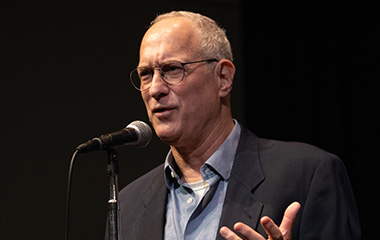 George Nierenberg
George Nierenberg
GTN Creative, LLC and Gotham Film & Media Institute
OUT OF BREATH
About the Project
Over 25 million Americans, disproportionately African American, suffer from obstructive sleep apnea, yet up to 80% go undiagnosed. In creating a documentary feature that combines sufferers’ firsthand experiences of the disease with expert testimonies, OUT OF BREATH will spread awareness of this health crisis. The film will expose the seriousness and consequences of sleep apnea to the larger populace while also inspiring changes in how the healthcare community addresses sleep apnea and treats underserved communities.
Project Impact in the Community
The completed film will spread broad awareness of this health crisis, spurring the larger populace to seek help where needed and to demand advances in medical care, while also inspiring changes in how the healthcare community addresses sleep apnea and treats underserved communities.
Gilles Frydman
American Sleep Apnea Association
Sleep Apnea Disaster Preparedness Campaign
About the Project
In February 2021, most Texans, including CPAP users, lost power for days. What impact did the forced interruption of the all-important treatment and socio-economic differences have on their health? What solutions did they find to mitigate it? This project will document the still-fresh, first-hand stories of people in the Rio Grande Valley who were not able to use their therapy during the Texas power outage and develop multi-media public awareness campaign in English and Spanish around disaster preparedness for sleep apnea patients.
Project Impact in the Community
This campaign will demonstrate the importance of disaster preparedness for patients and provide guidance on what patients can do to be prepared by providing answers to the following questions:
- What happened to sleep apnea sufferers requiring the daily use of CPAP machine in the aftermath of a disaster resulting in loss of power?
- What solutions did they find to mitigate the lack of treatment for their sleep apnea?
- What was the impact of this forced interruption of the all-important treatment to have restful sleep?
- How did different socio-economic segments of the population across the state experience the issue and try to mitigate it?
Such guidance will assist patients to plan ahead for disasters, mitigating negative health impacts and possibly save lives.
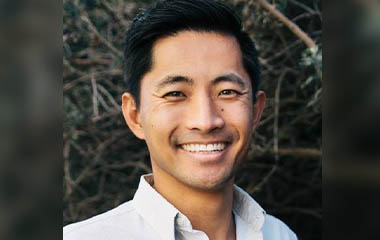 Daniel Blum, PhD
Daniel Blum, PhD
NYU Shanghai
Global Adaptation: Designing Sleep for Shift Work Students
About the Project
Cross-cultural fluency and adaptive thinking are critical for thriving in a global university and workforce. But, with travel restrictions, students are too tired to reach their potential because the international courses and immersion they seek happen during the middle of their night. Therefore, we will deliver “shift work education” workshops grounded in powerful, evidence-based strategies for night shift workers to help students effectively adapt their sleep and elevate their performance in any global context.
Project Impact in the Community
In an increasingly globalized society, shifting between time zones has become essential for staying connected with both work and family. However, this habitual shift-work lifestyle also puts us at increased risk for sleep, cardiometabolic, and mental health challenges. Therefore, this grant with from the AASM Foundation provides a unique opportunity to expand our understanding of health in a global context while simultaneously empowering students with simple strategies to adapt to global education and work.
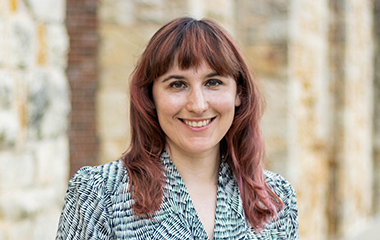 Kara Christensen, PhD
Kara Christensen, PhD
University of Kansas and KU Center for Research, Inc.
SLEEP-E: Sleep Education for Eating Disorder Treatment Providers
About the Project
Although insomnia is common in eating disorders (EDs), many providers are not trained to treat these symptoms. The first phase of this project is to characterize ED treatment providers’ behavioral sleep medicine training and use of evidence-based treatments. The second phase is to develop and test a free web-based training for ED treatment providers on insomnia assessment and treatment. Following grant completion, our team will make the SLEEP-E training publicly available.
Project Impact in the Community
With AASM Foundation’s support, we will address eating disorder treatment provider needs by developing a free, publicly available training in insomnia assessment and treatment. Ideally, this will empower more providers to address these debilitating symptoms and improve quality of life for people with eating disorders. We hope this grant will be the first step in a larger program of dissemination of behavioral sleep medicine education in the eating disorder community.




